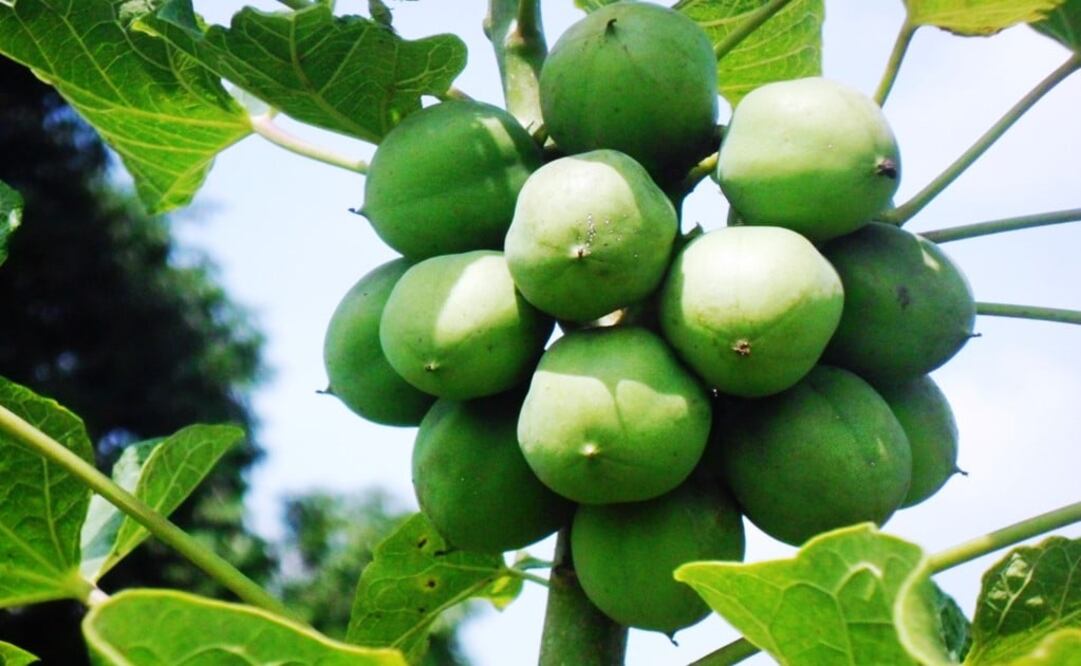Más Información

Liberan a exrector de la Universidad Autónoma de Campeche detenido por presunta posesión de drogas; continuará su proceso

Monreal, Adán Agusto y Pablo Gómez arriban a cónclave electoral con Sheinbaum; revisan propuesta de reforma

Anticorrupción revela que ya hay investigaciones por descarrilamiento; revisará que no haya omisiones

Senadora de Morena presenta punto de acuerdo para proteger datos de usuarios de líneas telefónicas; advierte vulneraciones de seguridad

Sigue polémica por entrevista de Sabina Berman a Verástegui; YouTube la elimina tres veces, acusa escritora
Students
from the University of the Valley of Mexico ( UVM ) and the Private University of Northern Peru use aquaponics , a sustainable system that uses plants and fish to produce biofuel .
Aquaponics
consists of feeding fish , which generates waste, which is full of nutrients, and it reaches the plants through a pump that feeds the plants; by taking these nutrients, the plants clean the water and return it to the fish. This system is used, mainly, in the production of edible plants.
In a statement, the UVM reported that the students are majoring in Environmental Engineering , at the San Rafael campus, as well as in the Peruvian university.
Jorge Ojeda
, the academic leading the project, explained that they used the Jatropha plant for the production of biofuel , which grows in Mexico , and it's easy to use and adapts to different climates; its seed contains about 40% of oil, and when extracted, it can be turned into biodiesel .
The project is also looking to promote sustainable fish farming through the use of a bioreactor , which can be used as a degradation system for organic matter, from fish and food waste, therefore, benefiting the environment, since "it is a system of biological degradation, which can break down fertilizers, organic matter, and pesticides".
gm
Noticias según tus intereses
[Publicidad]
[Publicidad]










